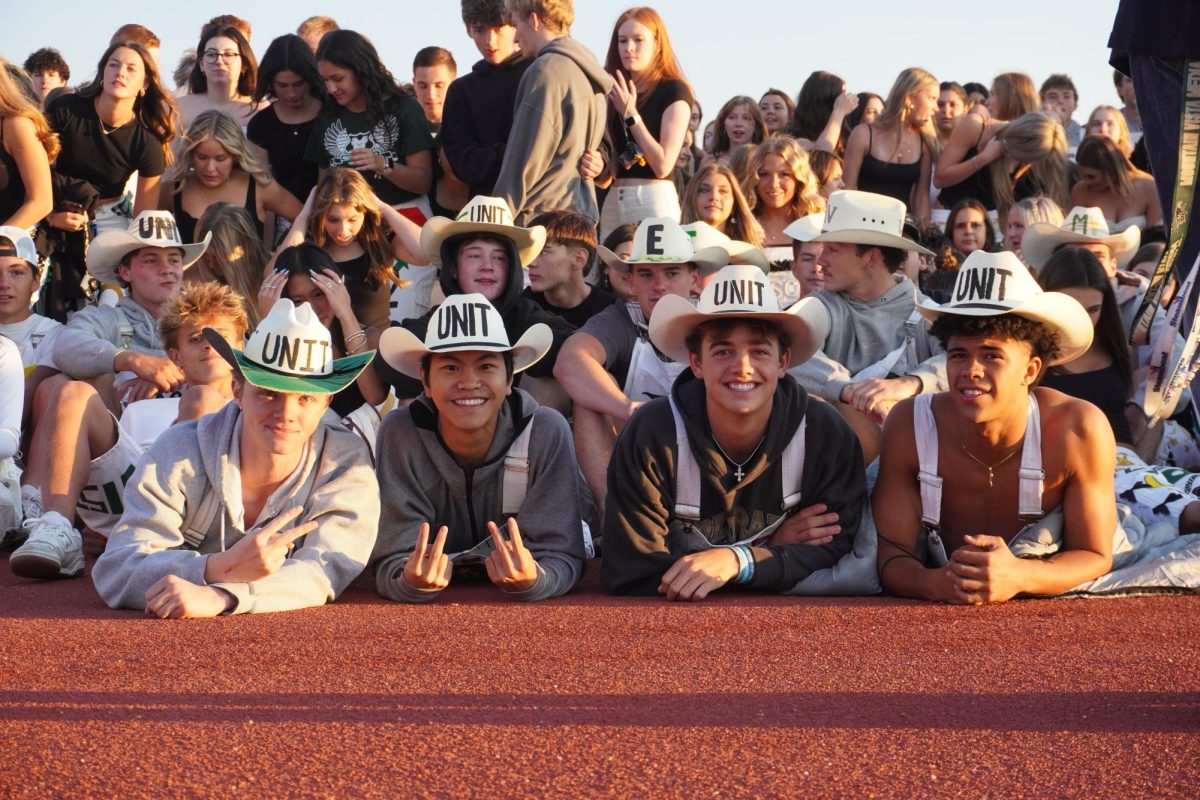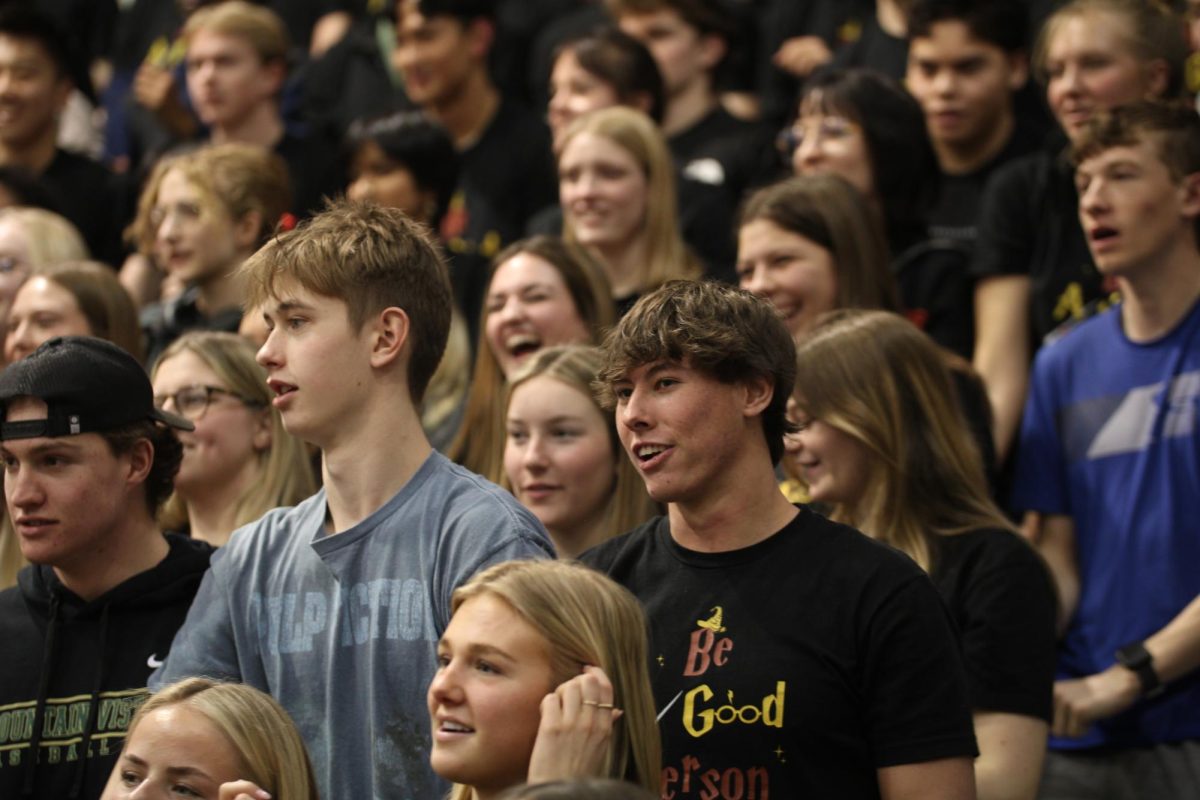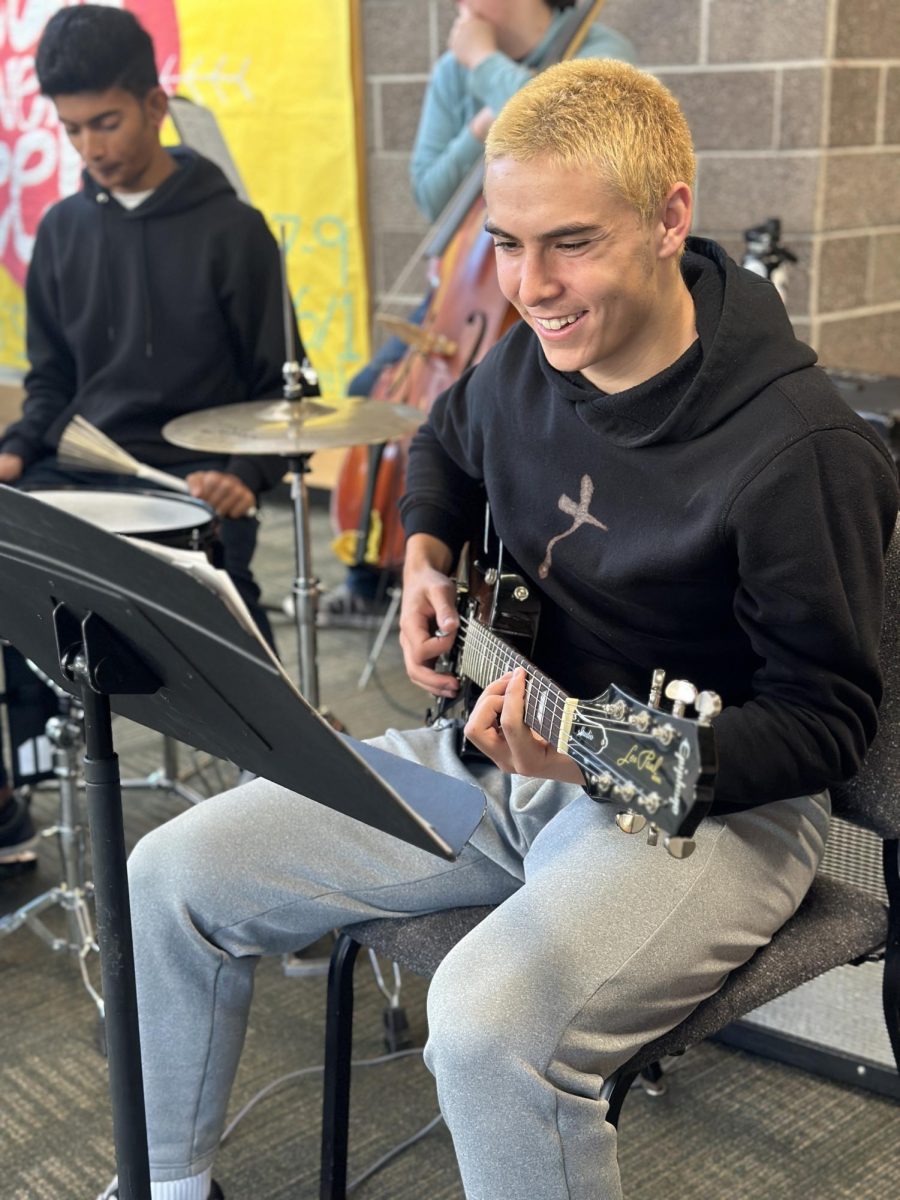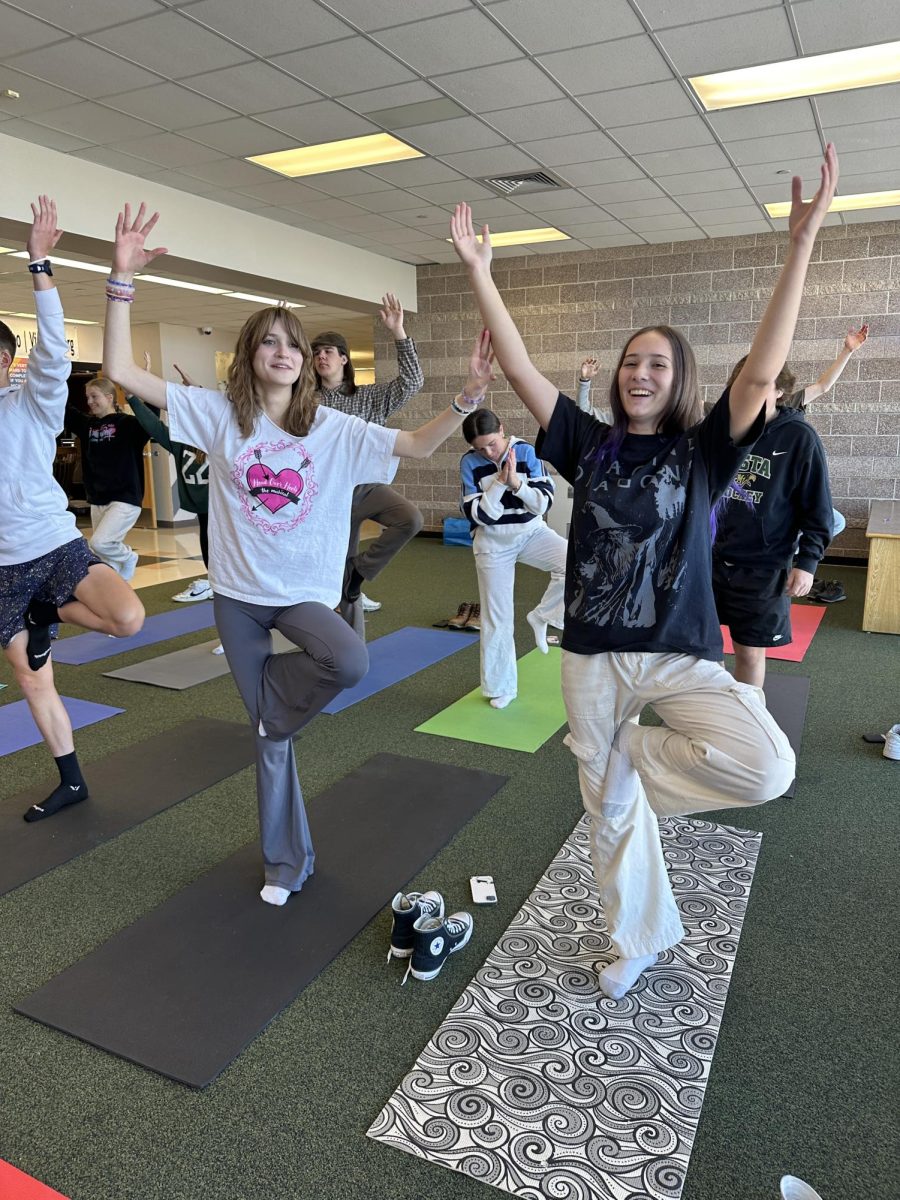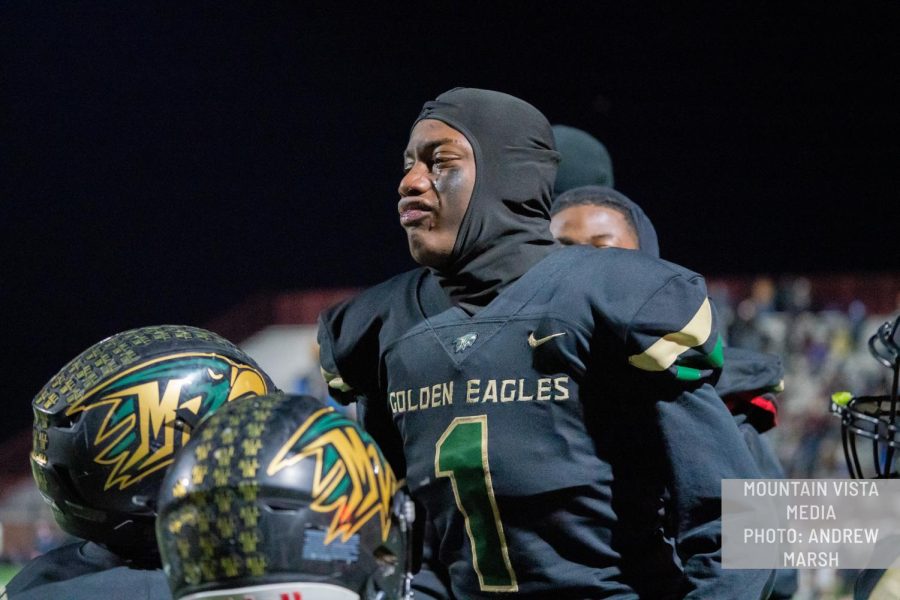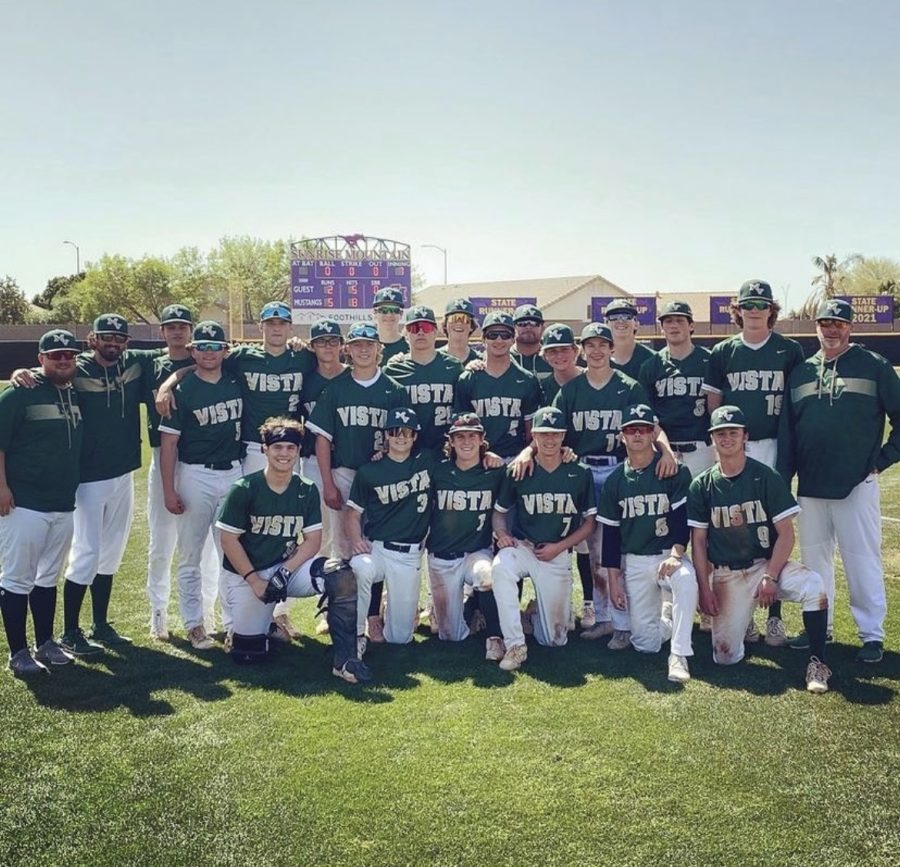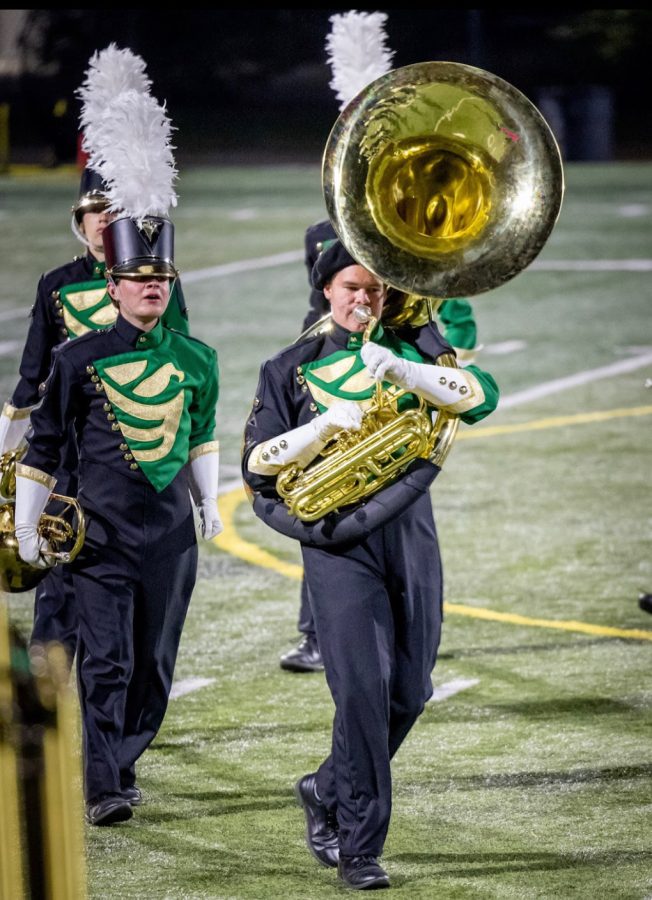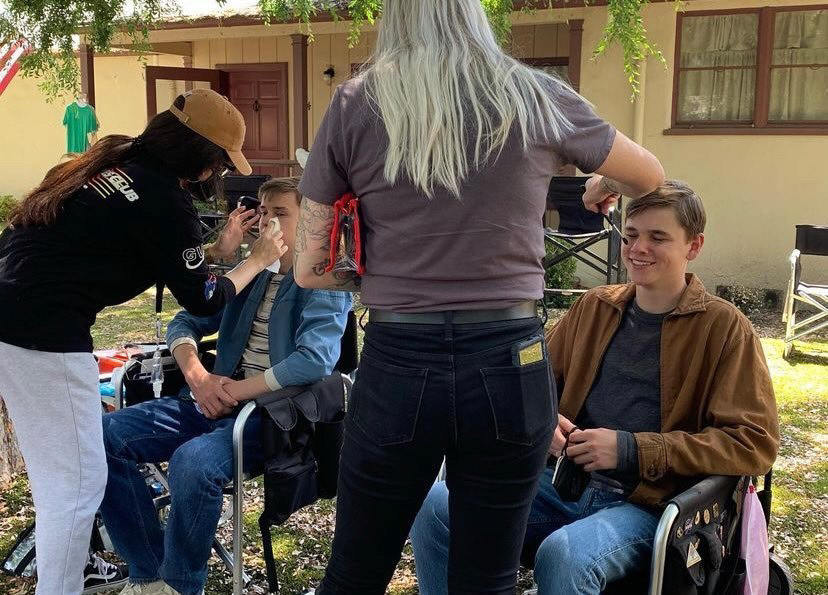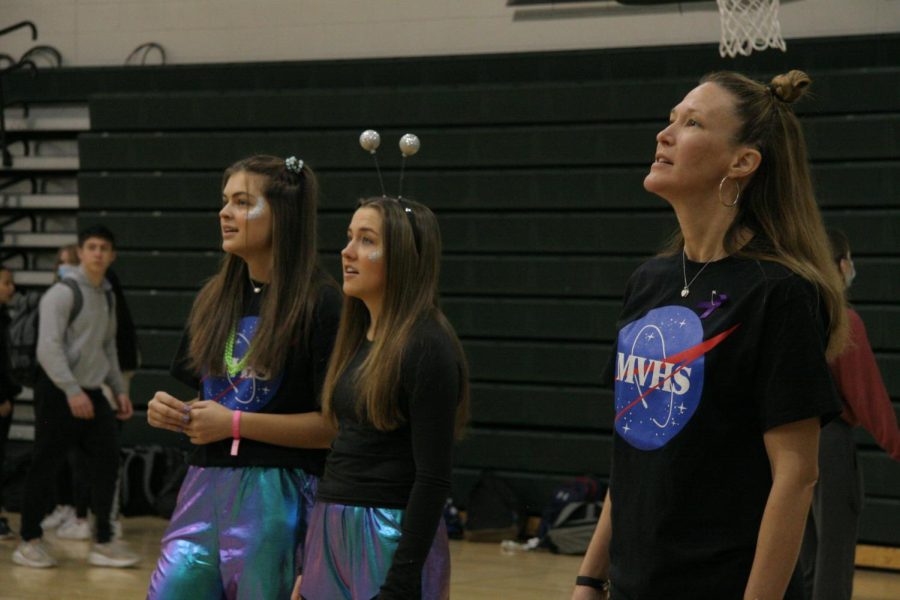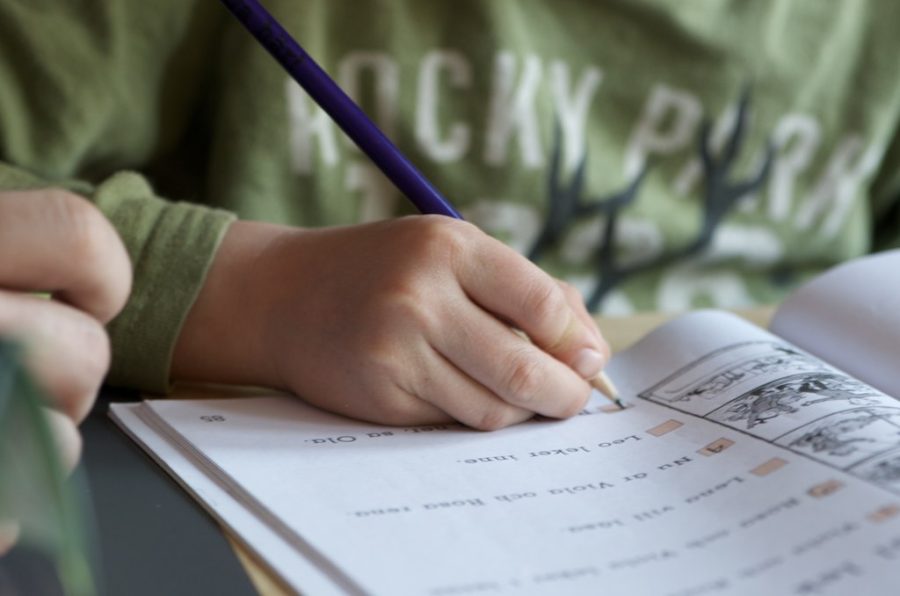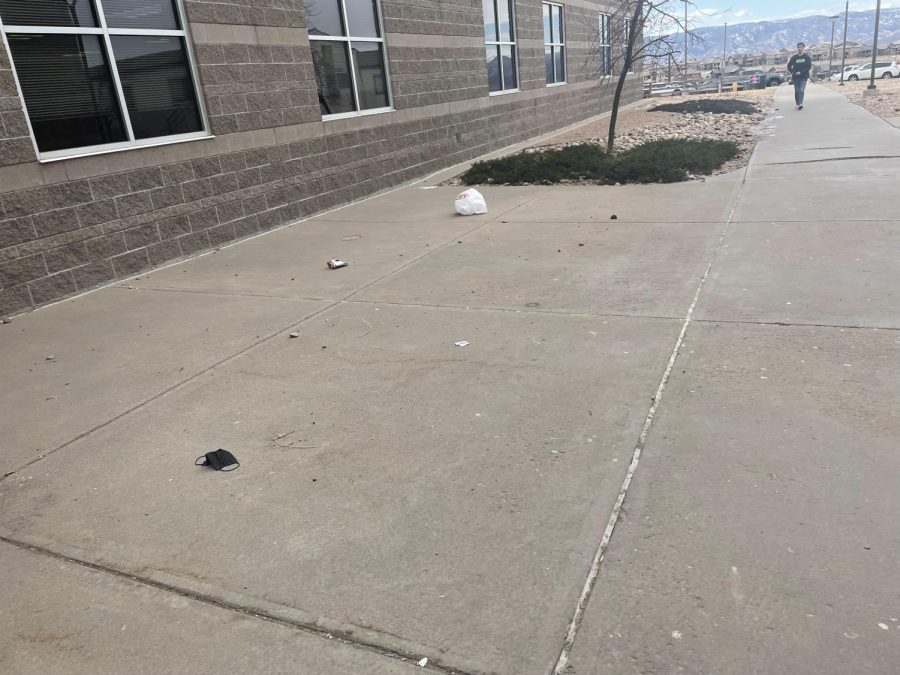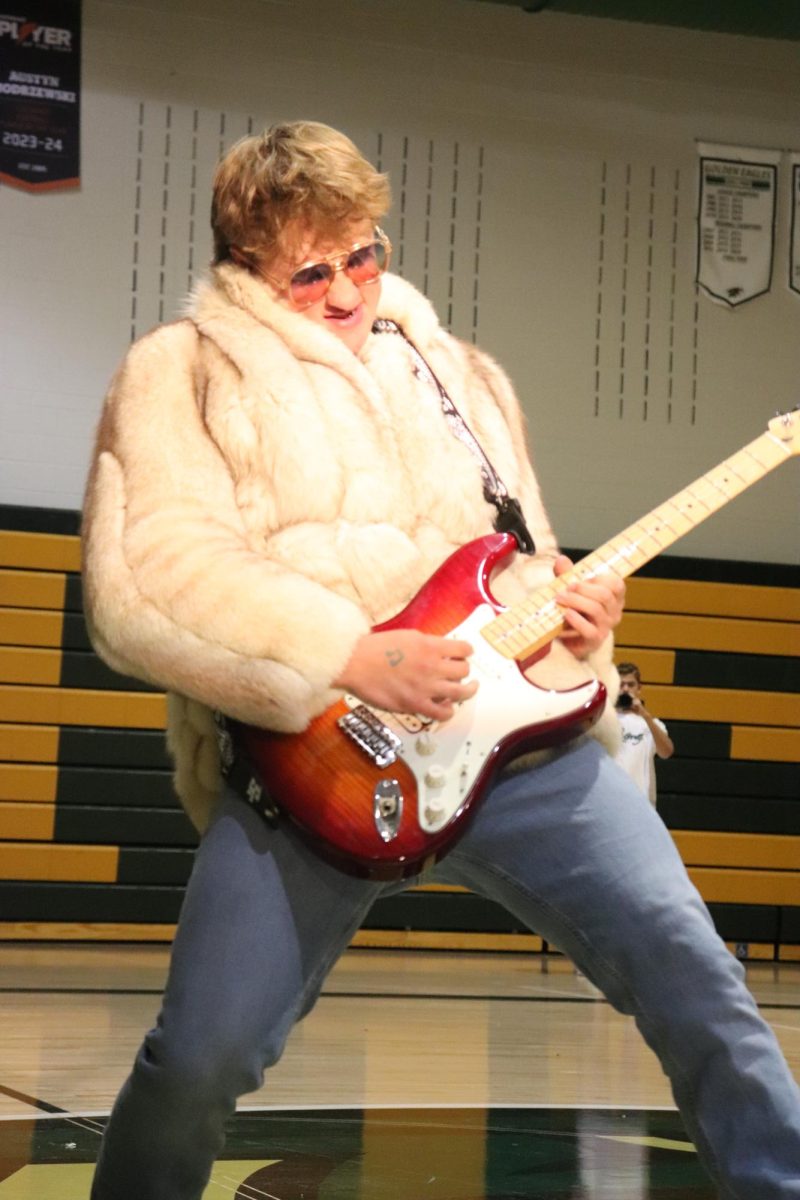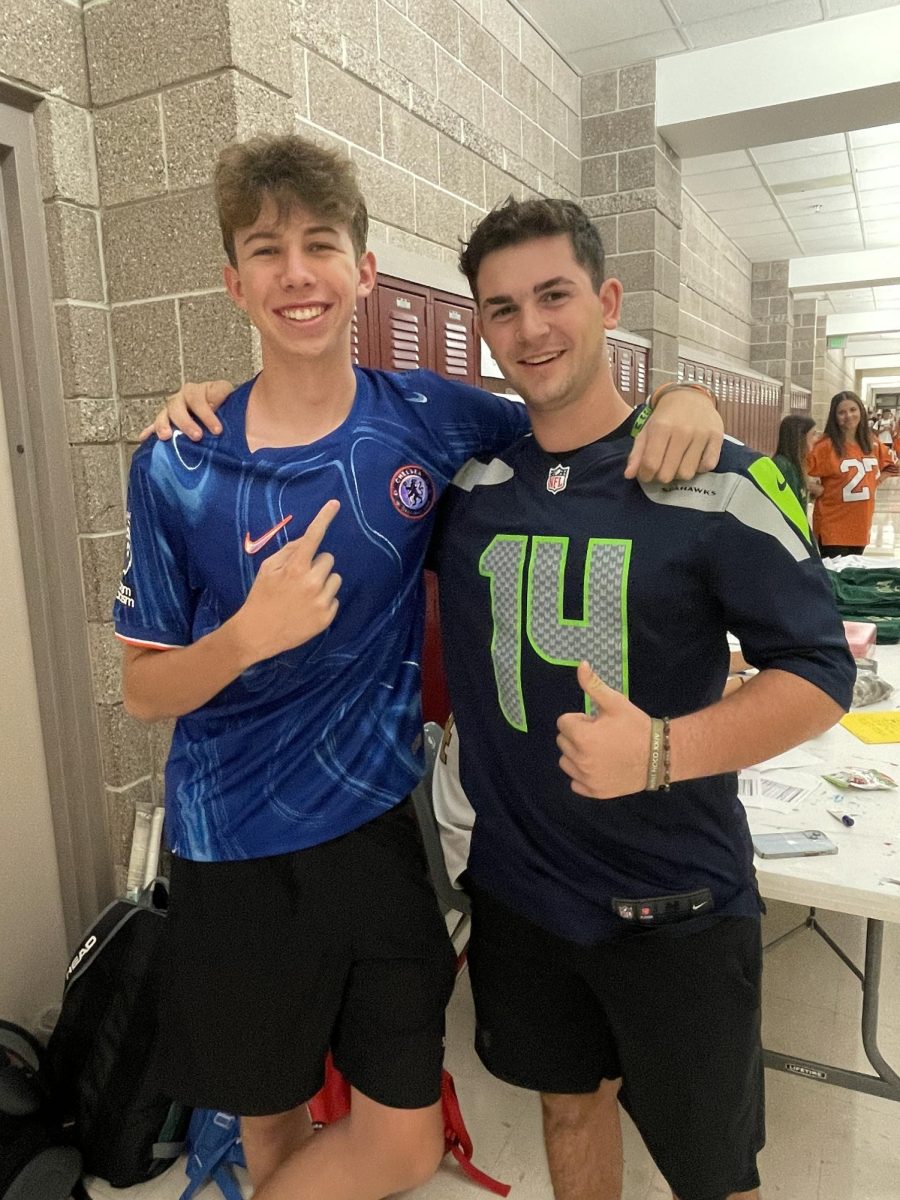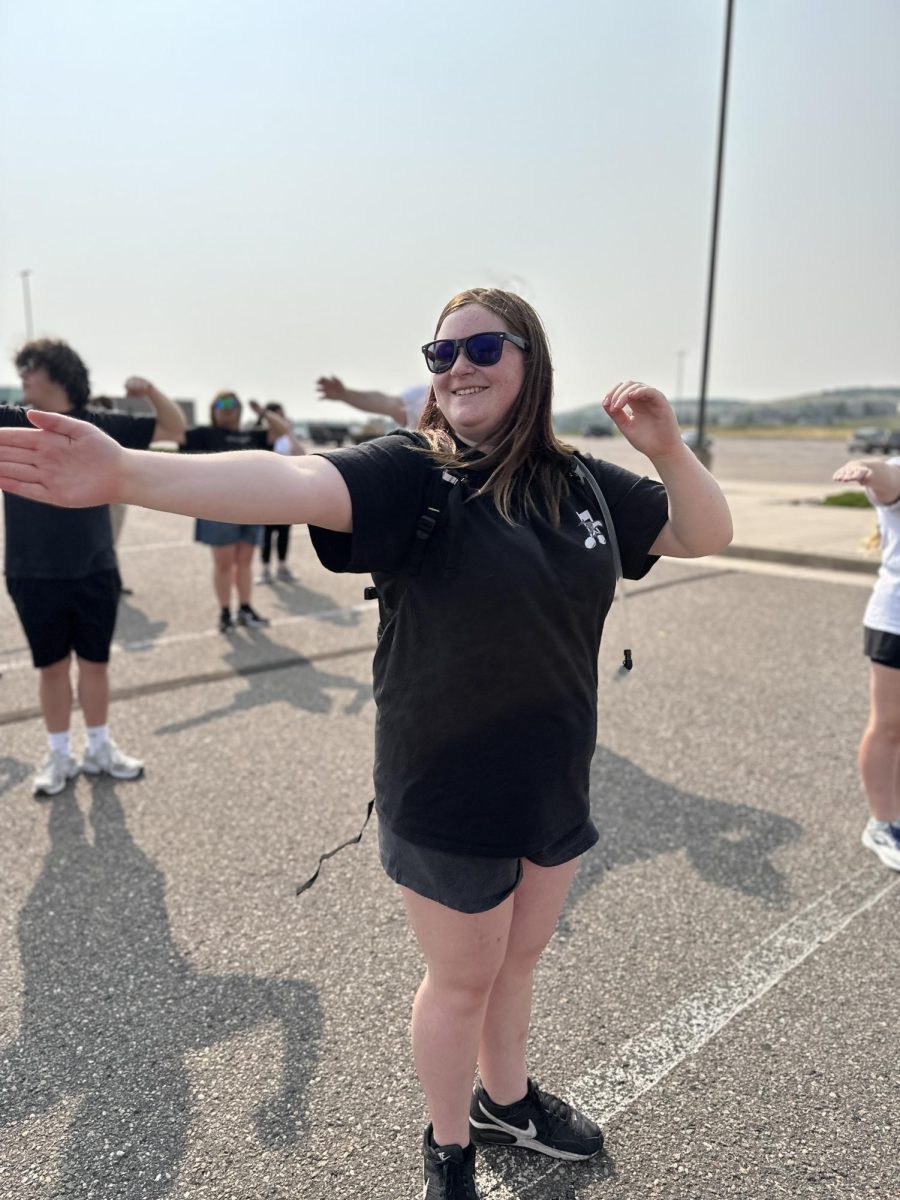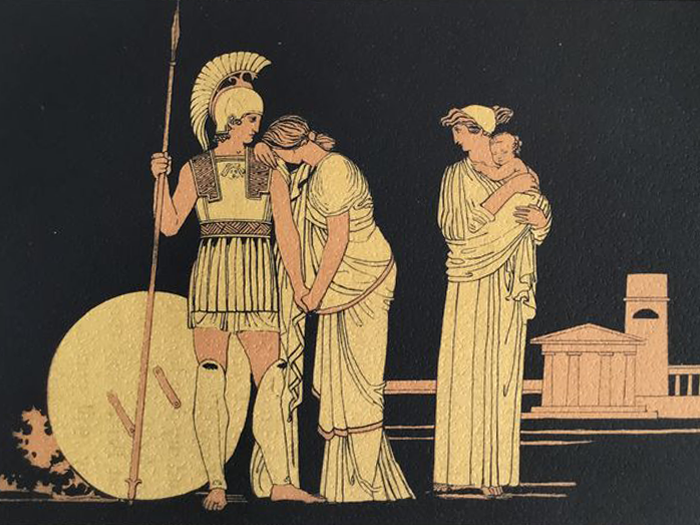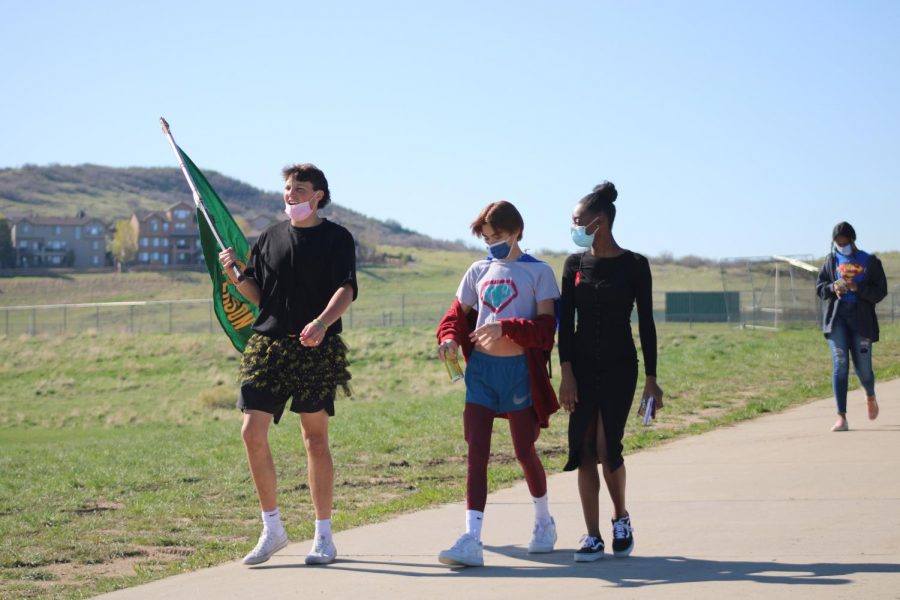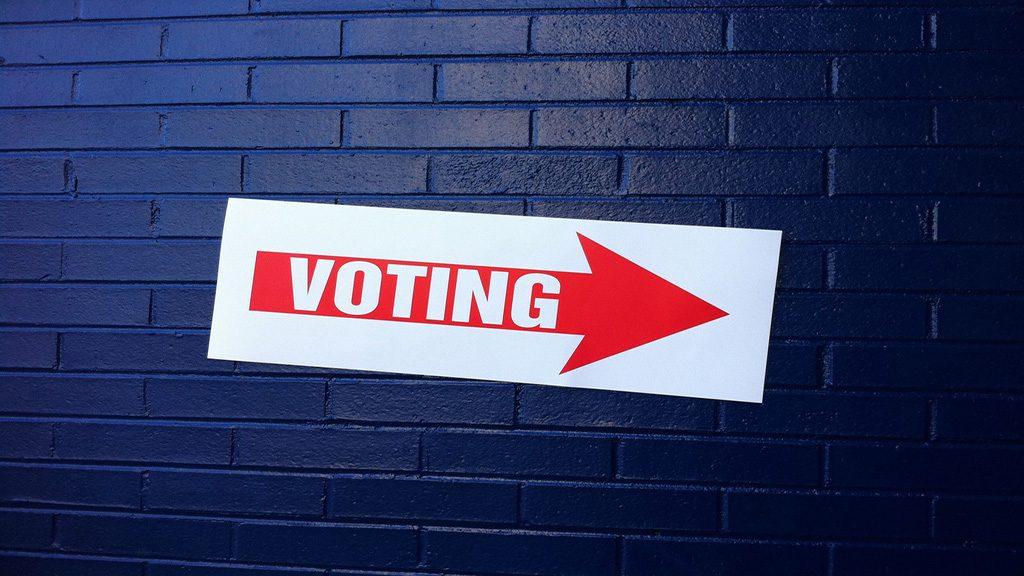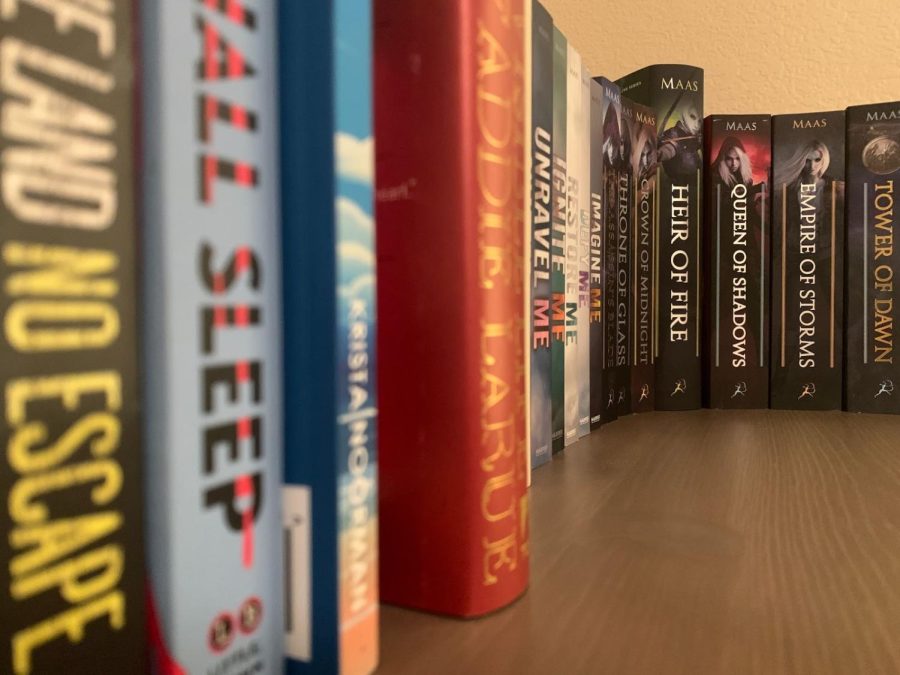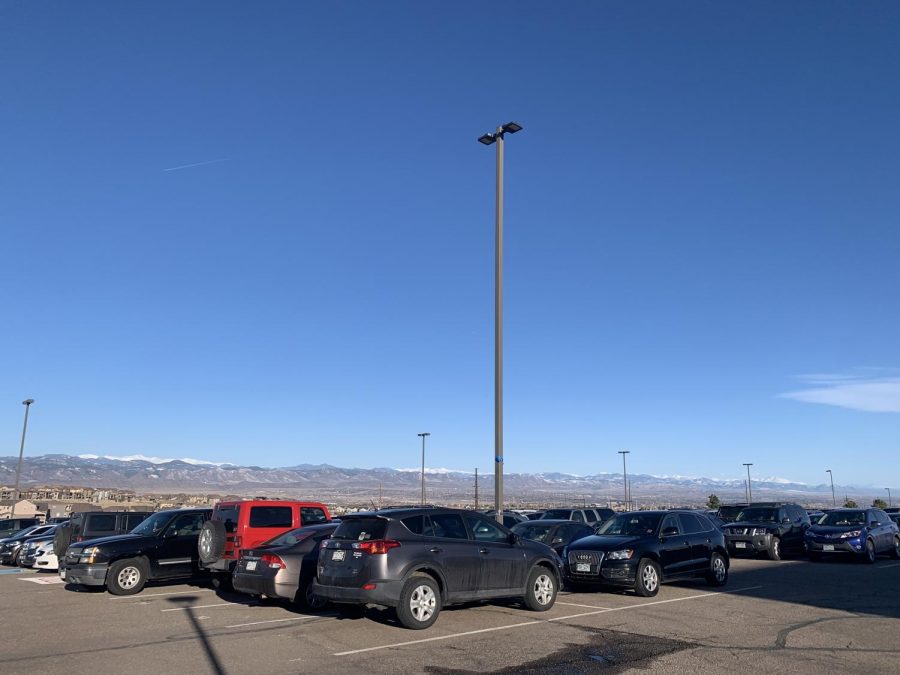Ever since 1776, voting and democracy have been core values of the United States, though voting was not always possible for everyone. Eighteen-year-olds weren’t given the right to vote until the 26th Amendment in 1971. This November, the city of Golden will vote whether they should lower the voting age from 18 to 16 in local elections. This vote comes from the idea that the more people who participate in democracy, the stronger it becomes. This leads to the question— should other cities, states, or even the country follow suit? Is it really time to lower the voting age to 16?
YES, lower the voting age!
Teenagers, just like everybody else, have opinions about what is going on around them. They should be given the power of acting upon these opinions by being allowed to vote at the age of 16. Not being able to vote prevents teenagers from having a say in things that directly affect their lives. Take school boards for an example. “School boards, elected or appointed by their communities, represent the community’s beliefs and values,” an article from the National School Board Association’s website said. Teenagers are a part of these communities, but in this case their beliefs aren’t represented. Teenagers can’t vote people on to the school board, but they would be able to if they were allowed to vote at 16. The school board directly affects students and their everyday lives, and by being able to vote, teenagers would have a say in the decisions that ultimately affect them. This isn’t only for schools— being able to vote younger would allow teenagers to have a voice in the issues that matter most to them. An argument often made against teenagers is that they are not yet mature enough to make good decisions. However, teenagers actually have the ability to make the same fully formed and thought opinions as adults. Cold cognitive thinking, fully developed at 16, is the skill we use to make decisions in calm situations. When it comes to decision making in voting, teenagers have the same ability to make mature decisions that adults do. Students have shown political maturity in the wake of Parkland, and proven they do have and idea about what is going on around them and how they can make an impact. Additionally, teenagers are trusted with the responsibility to get behind the wheel of a car, which requires them to make decisions that have an impact on other people. While driving is not an exact parallel to voting, they share some fundamental skills, meaning that if teenagers are trusted with one task, there is reason for them to be trusted with the other. Being able to vote gives teenagers a much needed voice that they currently don’t have.
NO, leave the voting age alone!
//PAIGE GERLING//
The voting age for local, state, and federal elections should remain 18 years of age. Having the voting age at 16 years old for local elections not to mention state and federal elections would create more problems than solutions. Teenagers are often always influenced by their parents while living at home in some way. This influence can extend to political opinions, especially if one or both parents have a strong partisan opinion. Their children will observe this, and pick up these ideas from their parents. When children observe their parents’ political views, they will be more likely to take these beliefs with them to the polls. While other influences can change the way teenagers look at different issues, I believe that family is the strongest. Teenagers typically attend college as a freshman around the age of 18, if they choose to pursue college. When you are in college, there tends to be less contact with family, as some students choose to reside on campus. This separation can push students to explore different opinions and change or strengthen their current opinions. As high schoolers, the majority of us still live with our parents and live close to the school. I think that the topic of voting age tends not to center around maturity, but how well informed we are as a society. I feel that as teenagers, we usually don’t consider voting at the forefront of our lives, as we have other responsibilities which tend to hold higher priorities such as homework and tests. Considering this, we don’t take as much time as we should in deciding our political opinions. We as teenagers are capable of many things, but often times we don’t get the information we need to make thorough judgments about who we are, and what we stand for.

